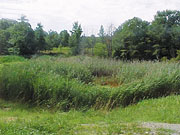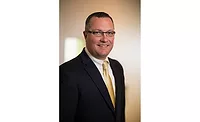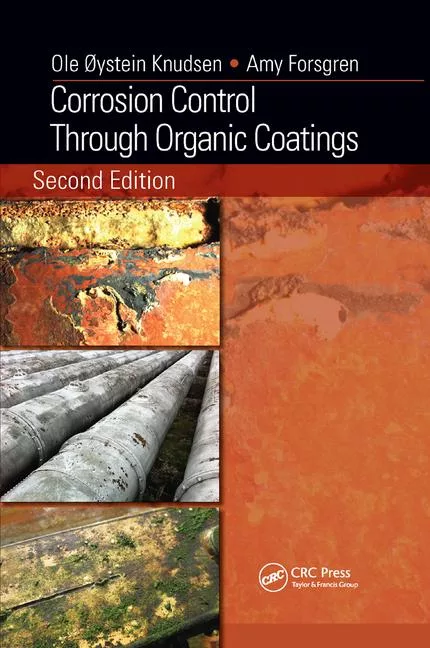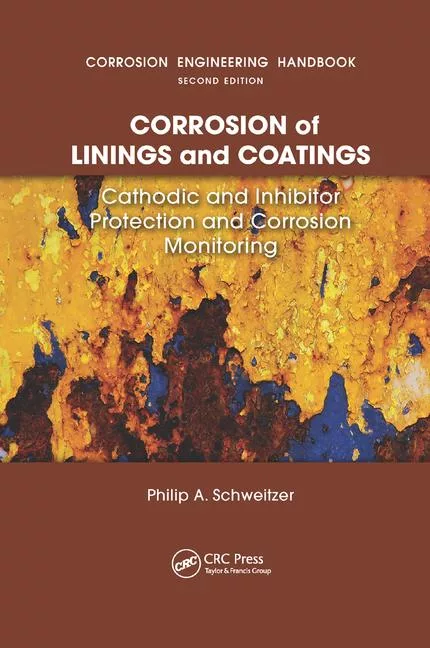BASF Shares Innovative Models for Environmental Protection, Safety and Health
BASF Corp. has outlined key areas where the company has delivered on its stated strategy to develop innovative solutions for sustainable growth.

Referencing the North American report and BASF's achievements over the past year, Jim Poff, vice president, Ecology and Safety, said, "Good environmental, safety and health performance and programs create value for BASF. Integrating sound programs into our business processes has been a top priority for BASF in North America." He added, "The company looks upon such programs not as finite entities but as ongoing responsibilities and evolving components of our commitment to achieve sustainable businesses through continuous improvement in our environmental, safety and health performance."
Environmental Achievements
As illustrated in the report, BASF's environmental achievements are numerous and multifaceted. For example, BASF's facility in Williamsburg, Va., constructed wetlands to treat any traces of zinc that could impact nearby waterways. This process has proved so effective that the company will no longer need to operate the local treatment facility.At BASF's site in Gurnee, Ill., emissions of oxygen-depleting chemical and biological substances in wastewater have been cut by 46 and 33 percent, respectively, due in large part to "consistency modeling," a manufacturing tool employed to document how existing facilities and equipment can be used in a more environmentally friendly way.
As for the company's role in Canada, BASF is recognized as an industry leader, having been awarded with "reverification" status, a noteworthy achievement certifying BASF's continuing commitment to the Responsible Care codes of practice and acknowledging the company's efforts to communicate its activities with local communities in Canada.
Product Stewardship
In terms of product stewardship, BASF has made considerable strides to enhance existing products. Most recently, the company conducted tests on BasofilR, a leading heat- and flame-resistant fiber in fire-fighting protective gear. The test results, which BASF shared with customers and appropriate government entities, confirmed that even under the "worst-case scenario" conditions, firefighters outfitted in Basofil-fiber turnouts would not be exposed to unsafe levels of formaldehyde from their turnout suits.
Furthermore, BASF has developed a proprietary tool called "eco-efficiency analysis" to evaluate the environmental effects of new and existing products and manufacturing processes in order to capitalize on those that are the most environmentally sound and economically efficient. BASF's model has been applied to about 110 products and processes across a variety of areas, ranging from asphalt microsurfacing to nylon in commercial carpeting.
Occupational and Distribution Safety
BASF's Environment, Safety and Health in North America report shows the company is taking preventative and proactive measures to protect health and safety. For example, it highlights "Behaviors Eliminating At-Risk Situations," a team-building and training exercise used to educate employees at BASF's Anderson, S.C., site and reinforce the use of safe procedures. As a result, the company has reduced on-site accidents at Anderson by 61 percent.Moreover, BASF has extended rigorous standards for distribution safety to its distribution partners. The company now mandates a key transportation partner to comply with a point system to monitor its daily practices and their impact on the environment.
BASF is the world's largest producer of chemicals and related products. Based in Mount Olive, N.J., BASF Corp. is the North American affiliate of BASF AG (Ludwigshafen, Germany), which is listed on the New York Stock Exchange under the trading symbol "BF." BASF Corp. had sales of $7.9 billion in 2000. BASF in North America employs more than 15,000 people at more than 50 locations.
Looking for a reprint of this article?
From high-res PDFs to custom plaques, order your copy today!






